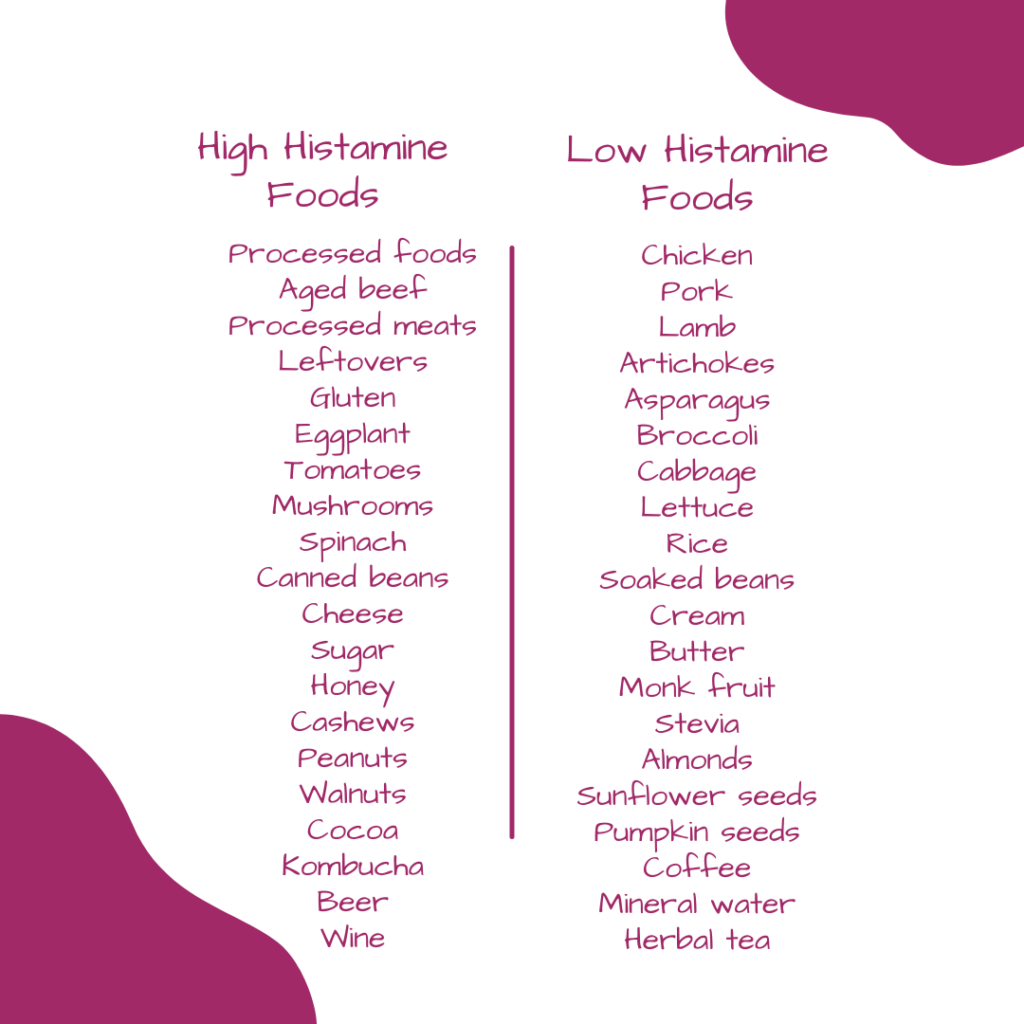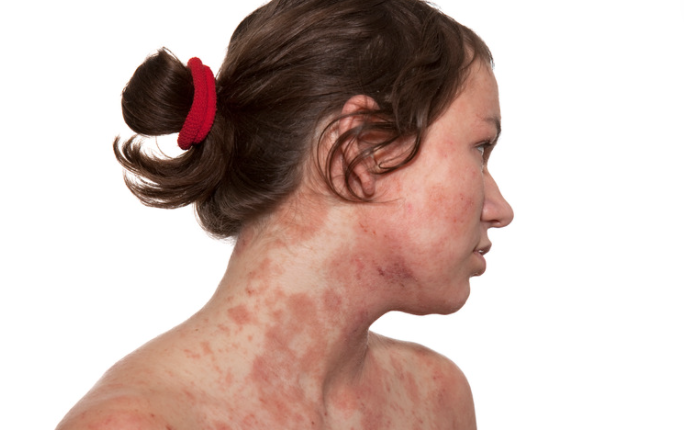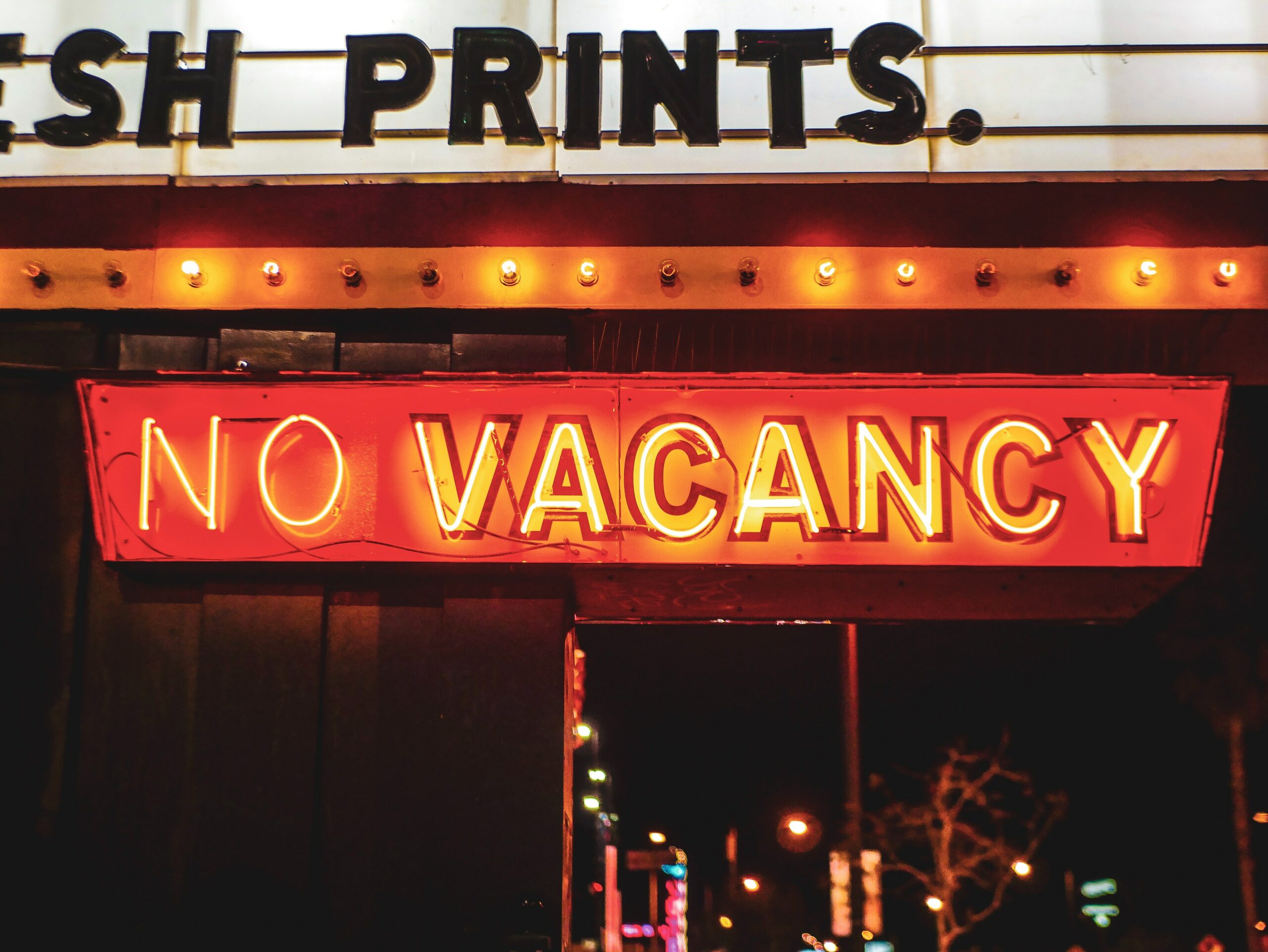Do you, or does anyone you know, ever suddenly get really unusual symptoms like food sensitivities, flushing, rashes, puffy eyes, upset stomach, diarrhea, anxiety or brain fog? If so, it may be Mast Cell Activation Syndrome (MCAS).
What is Mast Cell Activation Syndrome?
Mast cells are part of the “first responders” in the immune system. They are there to help you in the event of an invasion of bacteria, viruses, or in a breach of security like a cut. When triggered, they release chemicals (aka mediators) that cause inflammation in order to slow down infection and stop bleeding. They have a very important job! However they are supposed to go in, do their job, and then go away, to allow the body to get back to normal.
MCAS is an immune system problem. It happens when the immune system is too rigid, primed, irritated. Ready to dump histamine, and all the other mediators, at the drop of a hat. This causes the above-mentioned freaky symptoms to come on suddenly, seemingly out of nowhere.
Here’s the thing though, this term is just a description. It’s not root cause. It’s not the REASON. We need to know WHY the immune system is so hyper-irritated in order to know how to calm it down. The root causes I see the most are:
- toxic mold exposure
- toxic metals
- toxic chemicals (see a theme here?)
- infections (like Lyme)
- prolonged high stress
I sometimes have a patient come in and tell me “I think I know what’s wrong with me— I have Mast Cell Activation Syndrome!”. When this happens I congratulate them on doing research to try to improve their health, but gently try to explain that this “diagnosis” is just a collection of symptoms. It does nothing to explain the reason why the immune system is not regulating appropriately, or to guide the body out of the suffering.
If you’ve been following me for a while, you KNOW what I think of anything with the word “syndrome” in it! When the medical establishment knows that something is wrong, because a bunch of people have similar symptoms, but they don’t have a clue what is causing it, the REAL reason for the issue, they call it a syndrome.
Treatment for Mast Cell Activation Syndrome
Identify and Eliminate the Root Cause!
This is crucial. Otherwise you are putting bandaids on a non-healing wound. Because the root cause is often environmental toxic exposures (mold, metals, chemicals), you need to do a thorough and honest assessment of the your environment. It does no good to bury your head in the sand… something is making you sick!
Medications and Supplements
While there are medications aimed at decreasing mast cell degranulation (this is the term used to describe the dumping of all the mediators). There are also medications to block histamine, one of the mediators responsible for many of the symptoms. However if the underlying root cause is not addressed, it’s a losing battle. The trigger for the release of histamine is ongoing, so you can’t seem to gain ground with the medications. The medications will lessen the symptoms, slightly, but it’s not enough.
That being said, here are some things that might help while you work on eliminating the root cause:
- Cromolyn (stabilizes mast cells)
- Antihistamines (There are multiple medications here, targeting different histamine receptors)
- Quercetin—stabilizes mast cells
- Vitamin C—stabilizes mast cells
- DAO (diamine oxidase)—an enzyme that helps break down histamine in your food
Food Sensitivities in MCAS
If you have MCAS, you probably are often sensitive to foods high in histamine. The weird thing is, it’s likely not EVERY time you eat it. I can explain this using my “histamine bucket” analogy…
You have a bucket that holds histamine. If it overflows you get the horrible symptoms…flushing, diarrhea, rashes, itching, abdominal pain, swelling, brain fog, headache… Many things affect the level of histamine in your bucket:
- Environmental allergens (if you have allergies)
- Environmental toxic exposures
- Stress
- Histamine content of foods
- Your ability to detox/eliminate histamine
On days when your bucket is low, you may tolerate histamine-containing foods fine. But then you are exposed to something and BANG you don’t tolerate the cheese, red meat, red wine at ALL.
Low Histamine Diet
While you are working on removing the root cause of MCAS, a low-histamine diet can be helpful. Think: “really red and kinda dead” (red wine, aged meats and cheeses… leftovers) as the classic high-histamine foods.
Here’s a list to help you navigate high and low-histamine foods (taken from my social media–make sure to follow me–@yvonnekarneymd)

Overcoming MCAS
The good news, as I see it, is that since there IS a cause for MCAS, that means there’s also a path to healing. If we work on calming the nervous system, reducing stress, healing from toxic environmental exposures, I believe that healing is possible. It’s a journey, and it takes time, bit it IS possible. You don’t need to suffer with these symptoms. Get help. Preferably from someone who doesn’t like the word “syndrome”.





